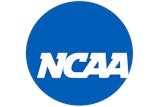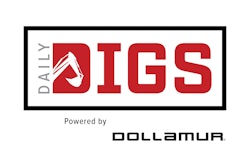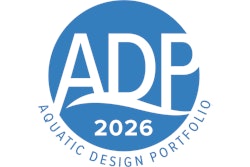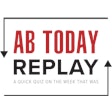The United States Green Building Council and its founders have been named as defendants in a class-action lawsuit filed in federal court. As reported by BuildingGreen.com, an independent source of sustainability design news, mechanical systems designer and outspoken LEED critic Henry Gifford alleges in a lawsuit that the USGBC is fraudulently misleading consumers and fraudulently misrepresenting the energy performance of buildings certified under its LEED rating systems. Gifford, who owns New York City-based heating retrofit company Gifford Fuel Saving, also claims that LEED is harming the environment by steering consumers away from using proven energy-saving strategies.
To support his allegations, Gifford relies heavily on his critique of a LEED buildings are, on average, 25 to 30 percent more efficient than the national average, Gifford's research concludes that they actually are, on average, 29 percent less efficient.
Gifford's suit - filed, according to the complaint, on behalf of "consumers, taxpayers, and building design and construction professionals" - demands that the USGBC cease deceptive practices and pay $100 million in compensation to victims, in addition to legal fees. Under the Lanham Act, the suit repeats the same concerns in alleging deceptive marketing and unfair competition.
You had to know this was coming," writes attorney and LEED-accredited professional Shari Shapiro in her Green Building Law blog. "I even predicted a Lanham Act and Consumer Fraud Act claim would be part of a good green litigation. My initial take is that the case may have merit, but it has a bad plaintiff. ... I don't think that, as alleged, this suit will survive class certification. In a class-action suit, you must consider (among other things) whether the plaintiffs are enough alike so that their claims can be adjudicated together, whether the questions of fact and law are sufficiently similar, and whether the lead plaintiffs adequately represent members of the class. Here, the plaintiffs are purporting to file suit on behalf of a whole range of plaintiffs with all different harms - harms to building and design professionals who sought educational certifications, building owners who paid additional money to have their buildings certified, and other unspecified "consumers" and taxpayers."
"No doubt there is a valid lawsuit here, and I anticipate this lawsuit will grow if more members of [the] plaintiffs' class sign on," adds Steve Sacks on the California Green Building blog, which also has a copy of the complaint.
Which may be reason enough for operators and designers of sports, recreation and fitness facilities - many of whom have embraced sustainability challenges, despite mammoth structure sizes and gigantic carbon footprints - to closely follow developments in this case.




































